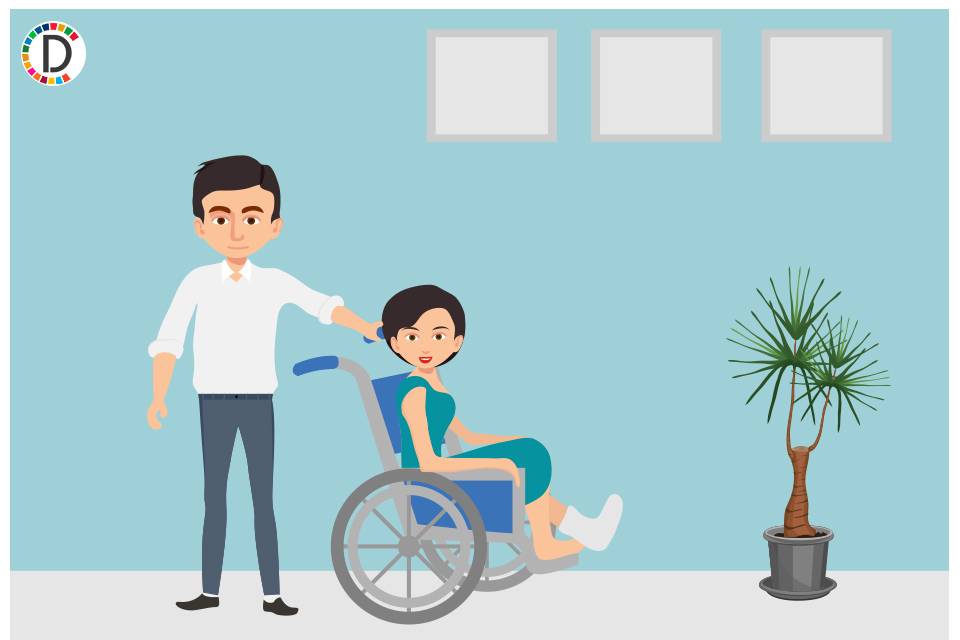Neighborhood Pharmacies: Why Closures Matter More Than Ever
The closure of neighborhood pharmacies is a growing trend, with over 7,000 closures since 2019. This impacts community access to medications and health resources. Primary factors include reduced reimbursement rates and workforce shortages, worsened by COVID-19. The closures pose significant risks, especially in underserved areas.

Across the United States, neighborhood pharmacies are shuttering at an alarming rate, with more than 7,000 closures reported since 2019 and major chains like Walgreens announcing plans to close an additional 1,200 locations.
The closures reflect a troubling trend driven by reduced reimbursement rates for prescription drugs, as well as labor shortages exacerbated by the COVID-19 pandemic. Pharmacists, once primarily focused on dispensing medications, now play a crucial role in providing healthcare services, yet are being squeezed by pharmacy benefit managers cutting rates to reduce drug costs.
The impact of these closures is acutely felt in marginalized communities, where "pharmacy deserts" are on the rise, threatening access to essential healthcare services and potentially worsening healthcare disparities in America. Efforts from lawmakers are needed to address these systemic issues and protect public health.
(With inputs from agencies.)










